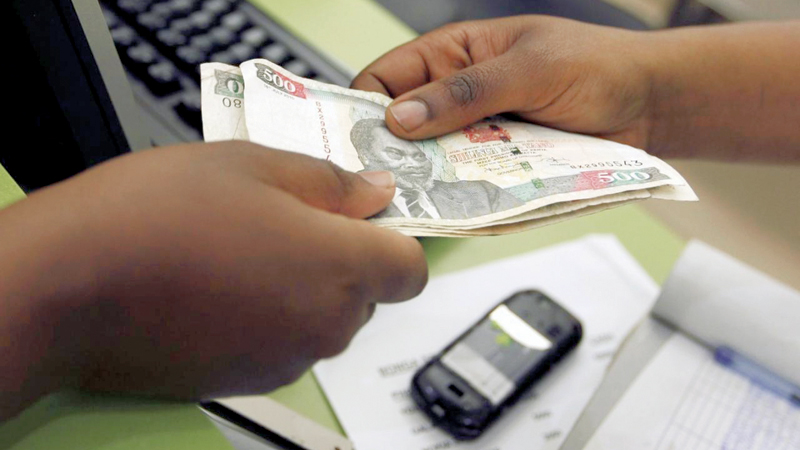

Until recently, Molly struggled to imagine life beyond the end of each repetitive day: work in someone else’s fields and earn enough to eat, rinse, repeat.
“It was a vicious circle I could not escape,” says the 25-year-old villager in the Bondo region of western Kenya.
Her hardscrabble, rural existence is the same for many in Siaya County where people eke out a living farming maize, millet and cotton in the ochre soil.
But that was before the introduction in her village of a cash handout known as “universal basic income”. It’s part of a large, intensive, multi-year study aimed at discovering a new way to end poverty in Africa.
Molly began receiving a no-strings, fixed monthly donation of 2,250 shillings ($22, 19 euros) two years ago, and since then “everything has changed”, she says.
“I was able to save to study to be a nursery school teacher,” she says proudly inside her tin-roofed cement home as chickens pecked outside.
“It was the little bit of help that turned my situation around.” With a paid internship at the village school Molly has built on the foundation of universal basic income to see her monthly income more than double to $50, broadening her horizons.
“Before, I barely had enough money to survive but now I have plans... I even go to the hairdresser once every two months,” she says with a smile.
World Bank says, over a third of Kenya’s nearly 50 million citizens live below the international poverty line of $1.90 a day.
Molly’s village — which is not being identified in order not to stir envy or skew the study — is one of scores in the area chosen by the US charity Give Directly to test the universal basic income theory.
The region was selected because of its poverty, but also its stability and, crucially, the effectiveness of Kenya’s mobile money transfer system, M-Pesa, that allows the easy distribution of payments.
Founded in 2010 and working in six African countries, Give Directly sends money straight to the poor allowing them to choose their own priorities, rather than outsiders “deciding instead of them”, explains the non-profit’s spokeswoman Caroline Teti.
Previously, recipients were given a single lump sum, but now monthly payments are being trialed.
“When you give people money monthly, will they stop working? Will they take risks in the way they invest knowing they will have an income whatever happens? How does that affect their aspirations?” says Teti of some of the questions their programme is testing.
“There is a global debate about universal income and we want evidence to move forward,” she says. — AFP
Oman Observer is now on the WhatsApp channel. Click here



